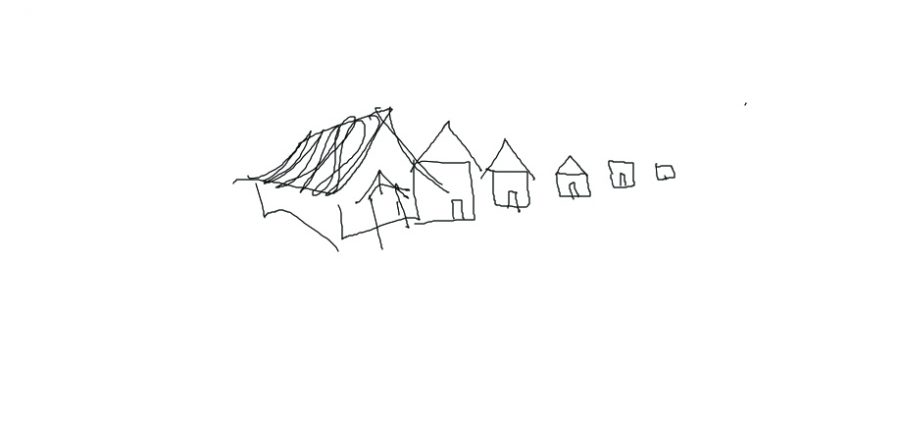A look into how minimizing our material possesions can make a big change.
Many people believe that they need material things such as money, a huge house and a fancy car to be happy–that is not so for junior English major Daniel Benites, who is a self-proclaimed minimalist.
“The class I took in high school on AP literature inspired me to become a minimalist,” he said. “It introduced me to new ideas…and I realized that I had been driven by the Protestant Ethic, which is the want to build wealth, for too long…and I wanted to make a change. Minimalism is a lifestyle in which you reduce your possessions to the least possible.”
According to Britannica.com, minimalism “is chiefly an American movement in the visual arts and music originating in New York City in the late 1960s, and characterized by extreme simplicity of form and a literal, objective approach.” It is also becoming part of modern culture.
Millennials are using technology regularly and many prefer to spend money on experiences rather than on purchases. According to a survey from Harris Poll and Eventbrite cited on Bloomberg, “78 percent of millennials—compared to 59 percent of baby boomers—“would rather pay for an experience than material goods.” Benites is part of the millennial culture that wants to make a difference in the world and change themselves for the better.
“I became acquainted with these philosophies such as transcendentalism,” Benties said. “This is where you can live a perfect life where items in and of themselves are just items; if they aren’t adding value to your life, it isn’t necessary that you keep them. We all need to live for the moment and learn how to cherish things that really matter.” Benites used this philosophy to realize what mattered most in his life.
“With my possessions such as my clothes, I would ask if this adds value to my life, and if it didn’t I would either take it to Goodwill or get rid of it,” Benites said. For some people, their self-value is based on what they have and they constantly compare themselves to others who they feel are better off than them. Benites no longer has to deal with this issue and now has found happiness in his life.
“It has reoriented me in life so I can fulfill my life’s purpose,” Benites said. “I am more in alignment with why I am living life, rather than materials that will all become dust in the end.”
Benites is planning to stay a minimalist and is trying to promote a positive, eco-friendly lifestyle. He claims that others can do this as well in a variety of ways.
“Minimalism encourages people to live deliberately and the goal is to have individuals live in a way that is without excessive objects,” Benites said. “Living in mansions, for instance, is excessive; we can all live in smaller houses and only get the things that we truly need to survive to make the world a better place for us all. By decreasing items, we can focus on why we wake up everyday.”







